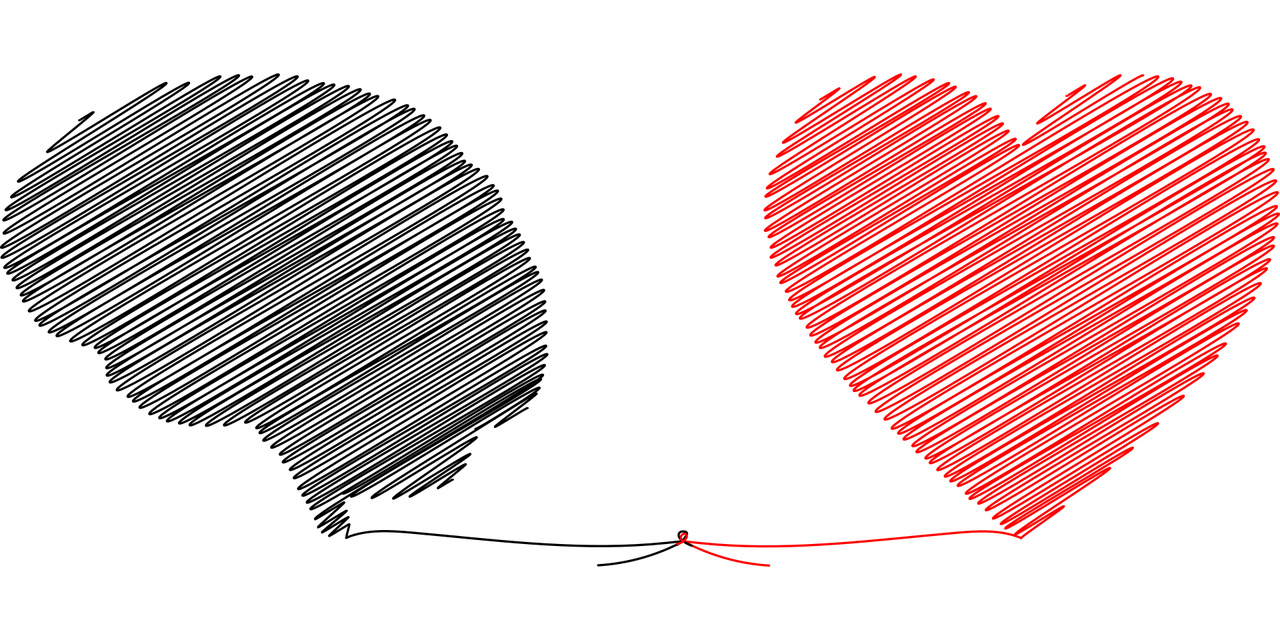Last month, in Free speech and free deliberation, I argued that information rich free speech is the best kind of free speech because it enables free deliberation. The core tension is that in the short-run, the return on misinformation is great. In the medium-run, the cost of misinformation is ruinous. Given that most social media and information retrieval platforms have embraced misinformation contrary to their own medium-run interests, how might we, as individuals and in communities, remain open to receiving information while protecting our freedom of deliberation in the short-run? In this post, I’ll argue that one potential set of measures in the short-run involves the creation of filter foam. Rather than experience the externalities from misinformation, amplified by centralized[…]
Category: Simulation
Somewhere along the way, I came to believe that the word causal came from the word because. Because there’s a cause contained in the word because. The word is almost like a commandment. Be the cause. I don’t think that’s really true. It’s just a silly association. The word because seems to be an element of a persuasive argument. How about a little thought experiment? Consider the assessment: “Peaches are gross.” Okay, you may have one or many positions on this controversial subject: You agree because your experience matches that statement, you disagree because your experience does not match that statement, you may not agree nor disagree because it’s possible that some peaches are gross and some other peaches are[…]
Is what is happening in analytics, in industry, an evolution or a revolution? What is Analytics is the science of data analysis. Those who practice analytics self-identify as analyst, digital analyst, marketing scientist, data engineer, researcher, among many others. Tukey (1962, The Future of Data Analysis, The Annals of Mathematical Statistics, (33), 1) called them all practitioners. The goal of the practitioner depends on their context. That context largely, but not always, depends on the state of knowledge, state of the culture, or sometimes, normatively, the state of maturity, of the group they belong to. Large organizations can have a large amount of difference within them. It’s not uncommon for an operations department to be extremely mature and for its[…]
Roger Martin observed in The Opposable Mind that our stances inform our tools, and our tools inform our experiences. For those who take a stance of continuous improvement and risk management, choosing simulation as a tool is a good course of action. This post unpacks that statement. Stance What are you? You decide your stance. Are you a scientist? Are you an artist? Are you a software engineer? An entrepreneur? You get to decide. Tools Your stance has a powerful impact on which tools you pick up. A scientist picks up the scientific method. An artist may pick up a paint brush. A software engineer pick up python. An entrepreneur may choose the lean canvas and the pitch deck. Experiences[…]


